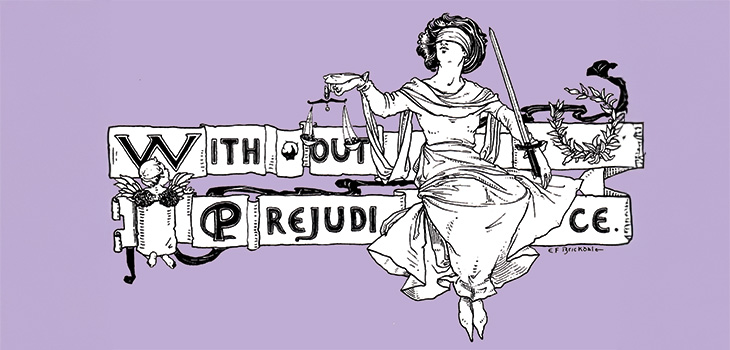
First up, assumption of responsibility is a much-debated area of tort. The authors discuss the difficult case of Dobson, where the court had to decide whether a police authority was liable for life-changing injuries sustained by a man who attempted suicide after release from custody. The man was brought in as he had threatened to kill himself, and the police arranged for a mental health assessment.
Ganapathy and Spearpoint cover assessment of capacity where the expert evidence was considered inadequate. Finally, they look at a case on the protective status of a ‘without prejudice’ letter in a motorcycle crash case where there were allegations of fundamental dishonesty—'a reminder that the without prejudice protection, while broad, is not absolute’.









